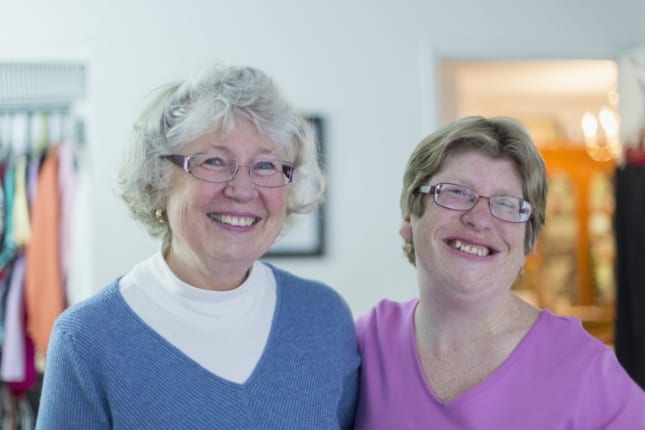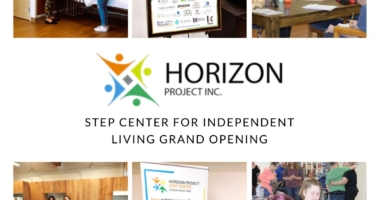
We believe housing is a basic human right. Stable housing supports and enhances health, well-being and community connectedness. Yet, for thousands of people experiencing intellectual and developmental disabilities (IDD) in our region, housing security is an escalating crisis. Decades of policy inaction, compounded by woefully inaccurate data, skyrocketing costs of living in the Pacific Northwest and an unprecedented number of aging caregivers, is leaving individuals with IDD and their families with few housing options.
At the state and national level, data used to quantify the IDD population drives decision-making related to investments in housing, support services and programs allocated for the disability community. However, the data being used is more than 25 years old, almost as old as the Americans with Disabilities Act (ADA) that passed in 1990. This lack of data is hugely problematic and renders an entire segment of our population invisible and undercounted. Given that the number of individuals impacted is likely far greater than previously realized, urgent and inclusive action is needed to create housing options now and into the future. We must close this information gap so that we can advance policies, programs and solutions that provide the IDD community with safe, affordable and stable housing.
Of the very limited data for those individuals counted, there are an estimated 24,000 adults with IDD in the region who face housing insecurity now and in the coming years. Of those adults, 70% in Southwest Washington and 61% in Oregon live with family members, and one-quarter to a half of those family members are aging parents who lack an affordable housing option for their children once they are no longer able to provide care.
What will happen to these individuals?
The Kuni Foundation is committed to ensuring that people experiencing IDD have more choices when it comes to housing. To better understand the current housing landscape, the needs and hopes of the IDD community and the barriers that stifle collaboration, innovation and options, we directly engaged individuals with lived experiences, IDD advocates, caregivers, housing agencies and developers in Oregon and Southwest Washington. We heard again and again the urgent need for better and more current data.
As a result we commissioned ECONorthwest to do a study to quantify the number of people experiencing IDD in Oregon and Southwest Washington, document the current living situations, highlight the gap in housing supply and identify possible solutions. The result: Housing Needs for Individuals with Intellectual and Developmental Disabilities.
The following are key highlights and data points in the study:
- The current living situations for individuals experiencing IDD
- The severe lack of data on IDD prevalence and its implications
- The urgent need for affordable housing
- The lack of coordination between housing and service agencies, and how that impacts individuals with IDD and their families
- Proposed solutions, such as improving data collection efforts, increasing housing options and improving housing and service coordination
We invite you to read the full study and our companion piece, From Invisibility to Inclusion: Increasing Housing Options for People Experiencing Intellectual and Developmental Disabilities.
Please visit our Advocacy page to download resources and tools to spread the word about this urgent situation.
We are eager to work alongside a cross-sector constellation of partners to increase the visibility of people experiencing IDD and advance solutions that will ensure access to a spectrum of affordable housing options, now and for the future.




